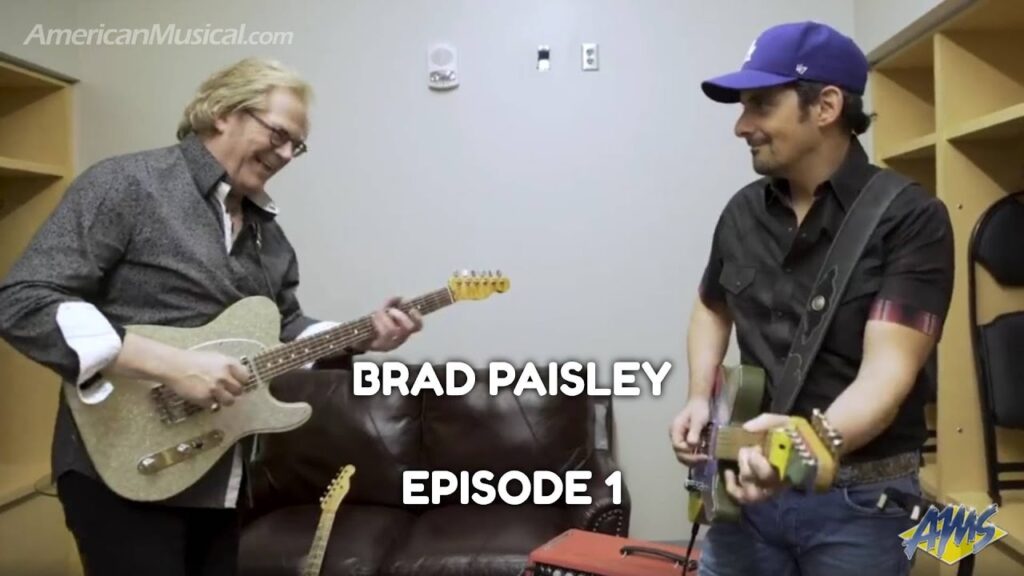 Multiple studies link music study to academic achievement. But what is it about serious music training that seems to correlate with outsize success in other fields?
Multiple studies link music study to academic achievement. But what is it about serious music training that seems to correlate with outsize success in other fields?
via Is Music the Key to Success? – NYTimes.com.
MY TAKE: The connection between musical achievement and success in life, perhaps in unrelated fields, has long been touted, and for good reason. Many studies have shown (give it a google to see some) that children who study music have a significant leg-up cognitively. This often translates into better performance in academics and eventually a better chance for a successful life in whatever field they chose to enter.
That said, there are (and have always been) many serious and accomplished musicians who nonetheless are abject failures in life… at least as measured by more conventional or “worldly” criteria. This implies to me two things: 1) There are a host of other prerequisites for success besides good chops or an understanding of the principles of music; and 2) Music study, a field intimately connected to what we might call spiritual values, can sometimes encourage a redefining of the word “success” in the mind of the musician.
Empirically, I have only myself to use as a gauge in this matter, and there’s no question in my mind that my life in music, and the tangential fields of interest towards which my music studies have led me over the decades, have worked to shape my definition of “a life well-lived” into something quite different than that of the mainstream. Make of that what you will.


When I see stuff that says people with musical training are more “successful”, well, that seems to me that they’re reading a bit too much into the research. Everything I’ve seen seems to say that if you have some musical training, you’ll do better in math/physics type stuff. Now, that could lead to greater “success” in other endeavors since you then have more tools at your disposal. But I think the real reason for this “musicians are better at math/more successful” phenomenon is the integrative nature of making music. In order to do so, one must draw from three senses, use some interpretative skills (turn golf clubs on telephone wires into sound) and eventually incorporate some fairly high-order math (constants, ratios and such) into the whole affair, sometimes without realizing what you’re doing. Cultivating the ability to play music, then, requires the integration of sensory input, motor control, language and rational/mathematical skills. And that’s before you get to the other end of Mary Had a Little Lamb.